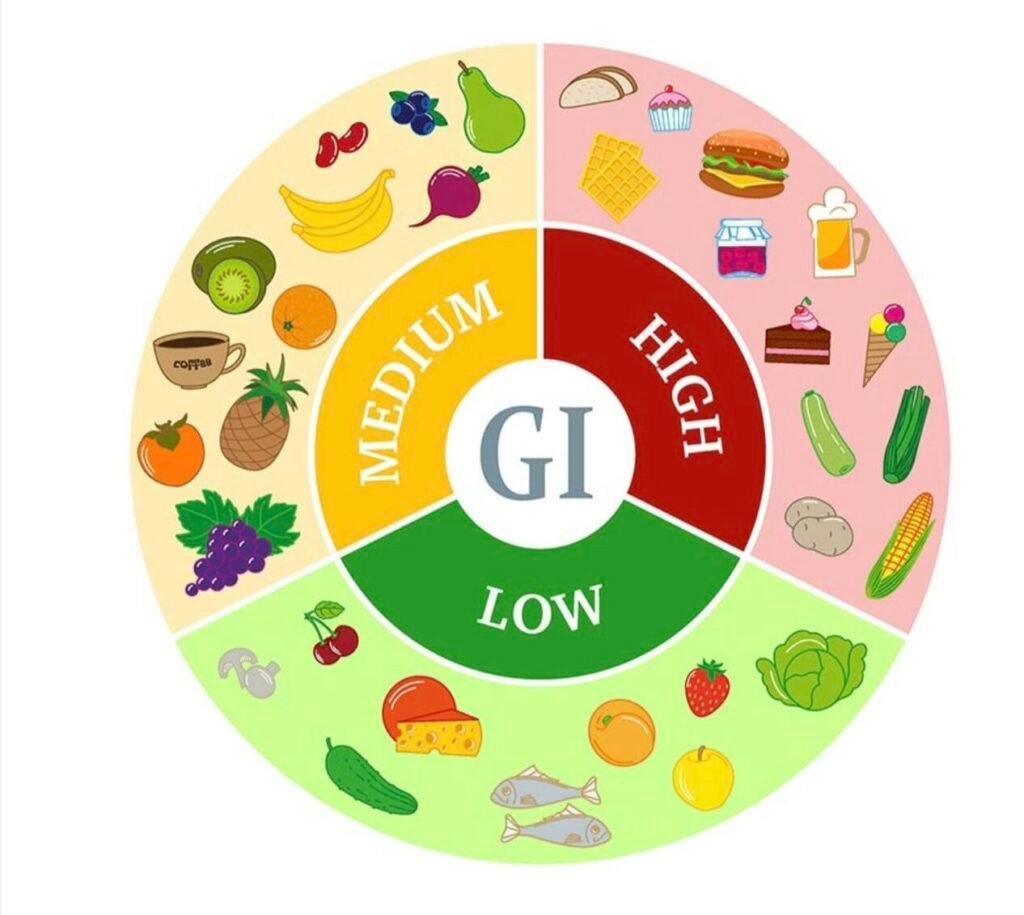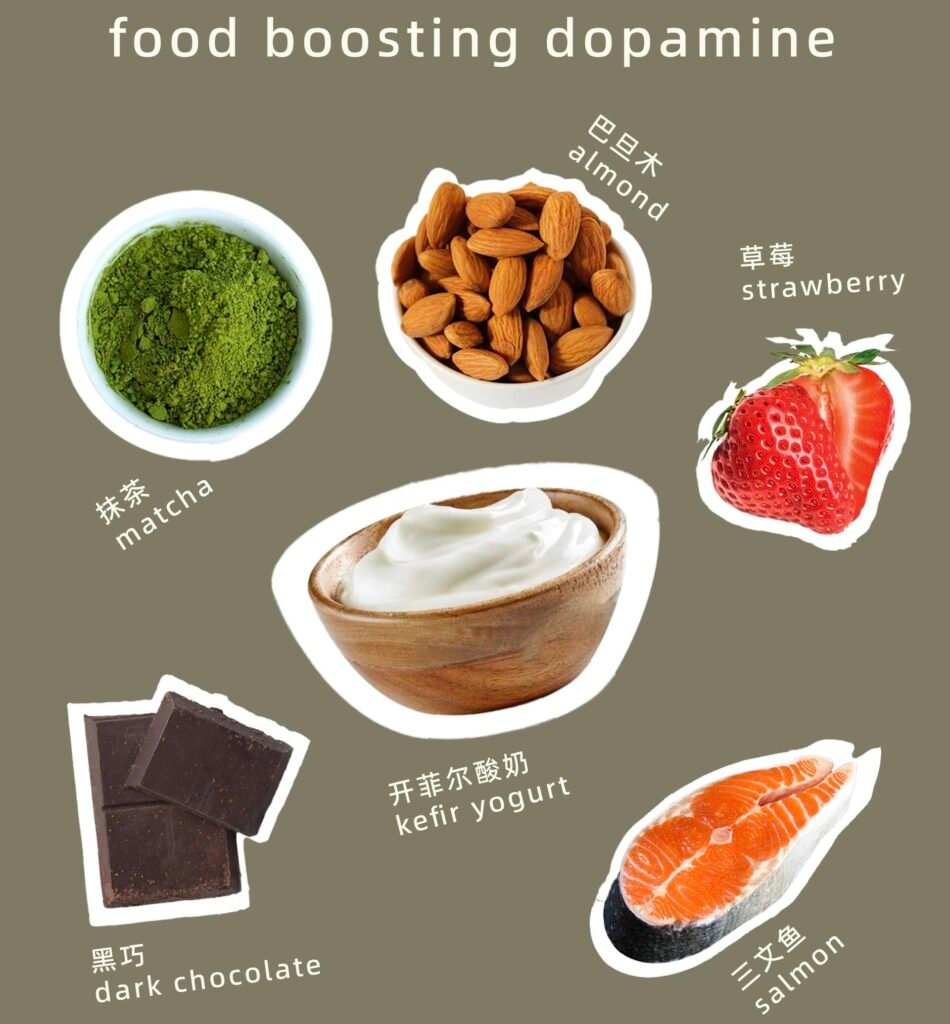Why do we feel weary even after we eat? Why do foods heavy in salt, sugar, and calories only bring momentary pleasure?
The basic truth is that you have not been consuming the correct meals for happiness.
Studies reveal that a diet heavy in processed foods—like fried chicken, French fries, milk tea, and cakes—along with persistent late nights and lack of exercise might slow down your metabolism and stress your body. Fatigue, trouble focusing at work, mood swings, dull skin, and oily hair and face follow from this.
Development of good lifestyle practices is crucial to reach a better mental state. Six important behaviors might help you become more emotionally steady.

Why do Good Habits Count?
Living a balanced and fulfilled life starts with emotional stability. Stress, worry, and mood swings can compromise our general health without appropriate treatment for our physical and mental health. The good news is that we can attain improved mental health and a more optimistic attitude by making little but regular lifestyle adjustments.
Our daily mood is directly influenced by good habits, including regular exercise, a balanced diet, quality sleep, and mindfulness. These routines can help you to raise your brain clarity, mood, and stress resistance.
1. Moderate Physical Activity
Emotional stability depends mostly on regular physical exercise. Exercise releases endorphins, sometimes referred to as “feel-good” substances that boost mood and assist to lower stress. Even if you have never worked out before, you should start small and progressively raise your degree of activity.
Advantages of Exercise
Exercise is not only about maintaining physical fitness; it also is rather important for mental wellness. It facilitates:
- Increase mood by triggering endorphin release.
- Lower cortisol levels will help you to relax.
- Control your sleep habits to enhance their quality.
- Improve cognitive ability to enable greater daily concentration.
Best Workout Plans for Emotional Control
Exercise need not always mean visiting a gym. For great help with emotional stability, try walking, swimming, yoga, and meditation. Excellent for relaxing the mind and enhancing general vitality are traditional Chinese Qigong techniques like “Ba Duan Jin” (Eight Pieces of Brocade).
Each day starts with 15 to 30 minutes of moderate exercise, and progressively raise your activity level as your fitness increases. Along with improving your physical condition, this will help you feel better and in emotional shape.

2. Steer clear of poison
Your physical surroundings are only one aspect; your mental surroundings are as vital. Emotional well-being can be much affected by unpleasant surroundings and poisonous relationships. Drama, complaints, and tension all around can sap your vitality and cause emotional upheaval.
Calculating Toxicity
Protecting your mental health starts with identifying poisonous circumstances or relationships. Focus on:
Those who sap your vitality with negativity and ceaseless grudges.
Stressful surroundings that either aggravate poor competitiveness or nervousness.
Social events are leaving you emotionally worn out.
How to Steer Clear and Distance Yourself
Setting limits is crucial once you recognize poisonous aspects of your life. This could include saying “no” more frequently, cutting time with toxic people, or changing your way of life to give emotional wellness first priority. Get around inspiring people that promote well-being and optimism.
3. Create a Good Night Routine
Emotional control depends on sleep in great part. Lack of sleep can cause irritability, anxiety, and mentally hazy behavior that might cause emotional instability. Maintaining emotional equilibrium depends on developing a regular sleeping schedule.
Advice on Improved Sleep
Making surroundings fit for relaxation will help to increase the quality of sleep:
Go to bed and get up at the same time every day to create a consistent sleep schedule.
Establish a nighttime ritual that includes dimming lights, lounging on warm palms, or savoring a peaceful cup of tea.
Steer clear of devices right before bed and choose leisurely pursuits like meditation or reading.
Consistency’s Value in Sleep
Maintaining a consistent sleep schedule—even on weekends—helps your internal clock to be regulated, thereby guaranteeing daily emotional stability and a well-rested effect. Give great sleep first priority in order to improve mood, concentration, and general wellness.

4. Limit Sugar Consumption
Although sugar could give you a rapid energy boost, it can cause strong crashes that lower your mood and energy level. Too much sugar throws off blood sugar levels, which can cause anger and tiredness. Maintaining emotional stability calls for proper control of sugar intake.
How Sugar Affects Your Attitude
Too much sugar results in:
- Variations in blood sugar cause mood swings and energy collapses.
- Rising cortisol levels among stressors.
- Less good sleep quality fuels mental tiredness.
Alternatives to Sugar
Choose natural sweeteners like honey or fresh fruit instead of sweet treats and beverages. These substitutes offer a more consistent energy source free of the emotional rollercoaster associated with sugar highs and lows.

5. Choose Simple Foods; Steer Clear of Trans Fats
Eating whole, less processed foods really improves your emotional state. Foods high in nutrients enhance brain function; bad fats can aggravate mood swings and slow down metabolism.
Dietary Recommendations for Mental Health
Including these foods in your diet will help you to maintain emotional stability:
- Modern fruits and vegetables: high in vitamins and antioxidants.
- Legumes and whole grains offer consistent, long-lasting vitality.
- Crucially for general health and cognitive ability are lean proteins.
Steering Clear of Trans Fats and Processed Foods
Processed foods should be avoided, particularly those including hydrogenated oils and trans fats. These meals might cause inflammation and lower cognitive ability, compromising your mental as well as physical health.

6. Approach Every Job Methodically
One very effective tool for emotional well-being is mindfulness. Being present in every moment helps you to lower stress, boost happiness, and experience better emotional balance.
The Strength of Awareness
Whether it be a job, daily tasks, or hobbies, mindfulness keeps you grounded by concentrating on the present. Being conscious helps you to approach chores with clarity and concentration instead of being overwhelmed by pressures.
Easy Strategies for Developing Mindfulness
Here’s how you may include mindfulness in your everyday schedule:
Emphasizing one chore at a time instead of juggling several.
Regular breaks help you to cleanse your head.
Exercises for breathing help you to focus on stressful events.
Conclusion
Your emotional stability and general quality of life will be much enhanced if you include these six good habits in your daily schedule. A better, happier you can result from tending to your body with appropriate exercise, sleep, nutrition, and mindfulness. Emotional stability does not emerge overnight; rather, it requires constant work and a dedication to daily moral decision-making. Good things, however, are sure to follow with effort and patience!
FAQs
Exercise increases the body’s natural feel-good chemical production—endorphins. It also lowers stress chemicals such as cortisol, therefore promoting emotional balance and relaxation.
Good sleep sharpens cognitive ability and helps control emotions. It is therefore crucial for emotional stability since it also boosts your immune system and helps you to manage stress.
Fast rises and declines in blood sugar levels brought on by high sugar intake might produce mood swings, irritation, and tiredness. Reducing sugar can assist in regulating mood and having constant energy levels.
Set limits and spot negative people or surroundings to lower toxicity. Distance yourself from people that bring you down and give the first priority to spending time with those who uplift and support you.
Paying whole attention to the current moment helps you to develop awareness. Whether you are cooking, cleaning, or even walking, pay close attention to the current work and value the experience above hurried completion.









